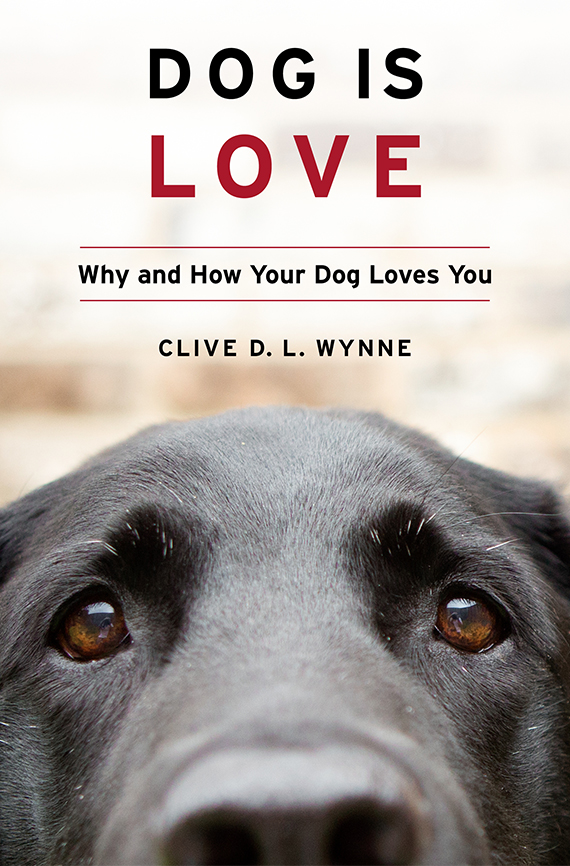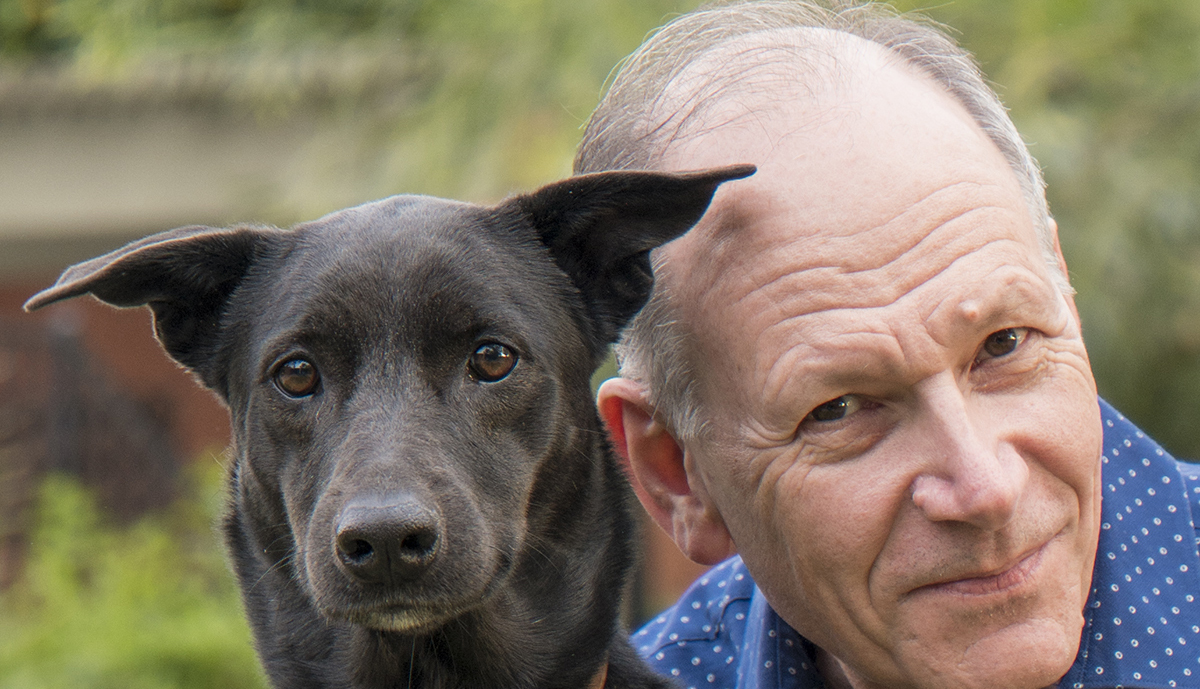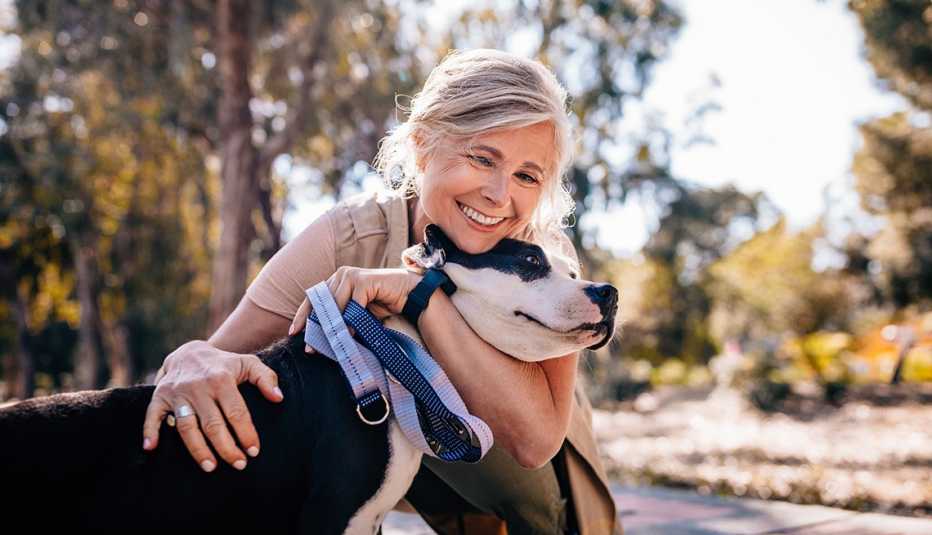Staying Fit
| It doesn't take an animal expert to tell you that your dog is glad to see you when the little guy acts like the Beatles have come to town every time you walk in the door. But in a new book, Dog Is Love: Why and How Your Dog Loves You, canine behaviorist Clive D.L. Wynne makes a strong case that it's “actual, bona fide affection” that dogs are offering us, due in part to their unique physiology, shaped by natural selection, that makes them primed for connection. And although the scientific community might prefer a term such as “hypersociable” — less squishy than the L-word — to describe the behavior, he writes, “I see absolutely no reason we shouldn't just call it love."


AARP Membership— $12 for your first year when you sign up for Automatic Renewal
Get instant access to members-only products and hundreds of discounts, a free second membership, and a subscription to AARP the Magazine.
Wynne, who has a rescue dog named Xephos and is founding director of the Canine Science Collaboratory at Arizona State University, talks more about why dogs are so special.
What convinced you that dogs’ affectionate behavior is more than self-interested maneuvering for food?


I am now completely convinced. The reward center of their brains lights up when they see their special person with an intensity that's even greater than the intensity they show toward a piece of hot dog. And other studies have shown that oxytocin, the same hormone that binds us together with people we love and mothers with infants, and so on, is crucial in the relationship we have with our dogs.
But the research that excites me the most is that we actually found genetic changes in dogs when we compared them to their wild ancestors – genetic changes that when they are found in humans [are associated with] a very rare syndrome where people have quite an exaggerated capacity for forming a strong emotional connection.
What would you say to people who read about these studies and still doubt that a dog can feel something like love?
What I say is, if you want to be skeptical about your dog's love for you, fine, that's your prerogative. But what you do need to account for is why you don't want to be skeptical about your husband, wife — the people that you think love you. What did they do that convinces you that they love you? Because everything that goes on in the body of your dog — your dog's hormones, your dog's brain activity — matches or exceeds what goes on inside the bodies of people who love each other. So if you don't believe that your dog loves you, I don't think you have any right to believe that any living thing loves you.


































































